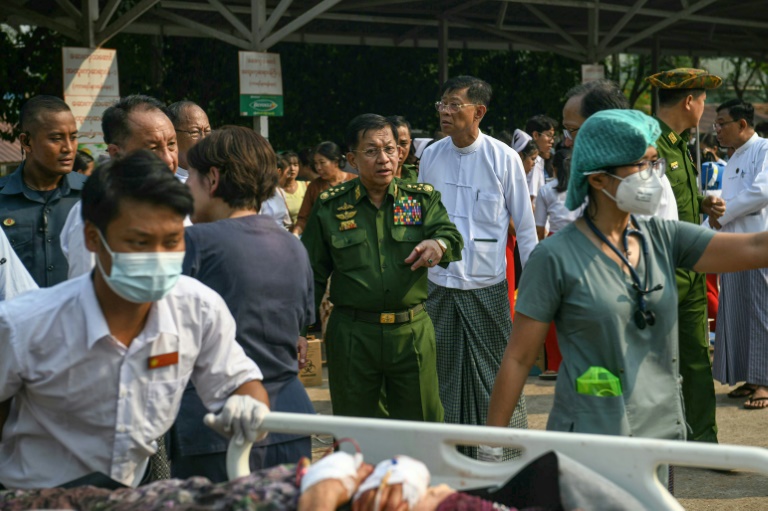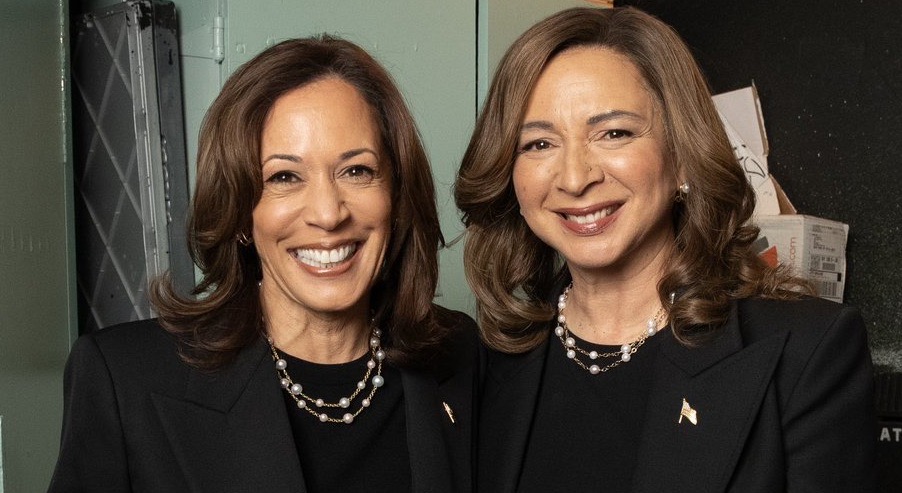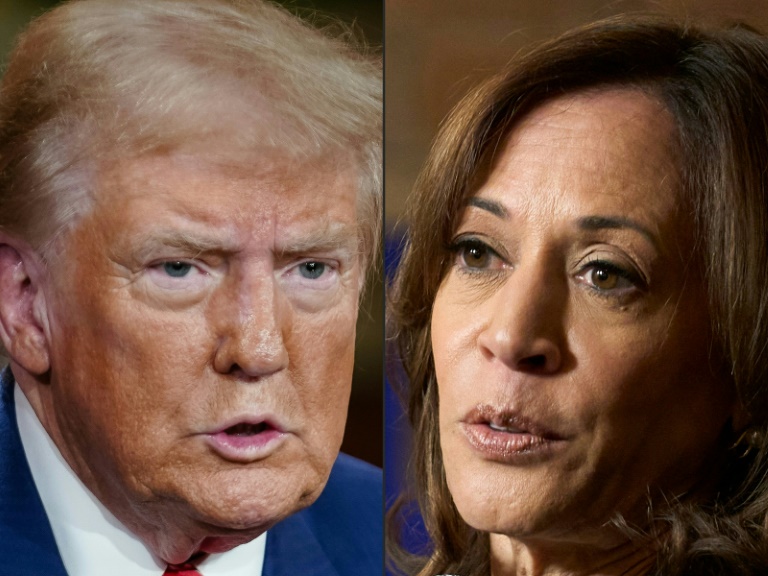WhatsApp has banned over 85 lakh accounts in India in September 2021. The accounts were found to be in violation of WhatsApp’s policies, leading to their suspension. The ban was implemented between September 1 and September 30, as per the social media platform’s monthly compliance report under the new IT Rules 2021.
WhatsApp, with over 600 million users in India, has been proactive in its approach to maintain the integrity of its platform. Out of the total banned accounts, 1,658,000 were proactively banned before any reports from users. This indicates the company’s commitment to ensuring a safe and secure environment for its users.
The company received 8,161 grievances from India during this period, and the records actioned were 97. The term actioned refers to complaints where WhatsApp took remedial action. The platform also complied with two orders from the Grievance Appellate Committee in the country.
WhatsApp’s efforts to maintain transparency and integrity are not limited to banning accounts. The company employs a team of engineers, data scientists, analysts, researchers, and experts in law enforcement, online safety, and technology developments to oversee these efforts. The abuse detection operates at three stages of an account’s lifecycle: at registration, during messaging, and in response to negative feedback, which is received in the form of user reports and blocks.

The company has also made it possible for users to block contacts and report problematic content from within the app. This is part of WhatsApp’s broader strategy to stem misinformation, promote cybersecurity, and preserve election integrity.
In August 2024, WhatsApp banned 8,458,000 accounts, with 1,661,000 of these accounts being proactively banned before any reports from users. The company received 10,707 grievances from India in August, and the records actioned were 93.
The move by WhatsApp to ban accounts violating its policies is a significant step in the fight against misinformation and harmful content. It is a part of a broader trend where tech companies are taking proactive measures to ensure the safety and security of their users.
However, the challenge of misinformation is not limited to WhatsApp or social media platforms. It is a global issue that requires a multi-faceted approach, involving not just tech companies, but also governments, civil society, and individuals.
In the era of post-truth, where objective facts are less influential in shaping public opinion than appeals to emotion and personal belief, the fight against misinformation becomes even more critical. The spread of fake news and misinformation can have severe consequences, from influencing elections to causing panic and confusion in society.







![Kamala Harris Joins her Long-time Impersonator and ‘SNL’ Star Maya Rudolph for Hilarious Moment While Viral Rally Clip Shocks Social Media [Video]](https://data.ibtimes.sg/en/full/77742/maya-rudolph-kamala-harris.jpg)